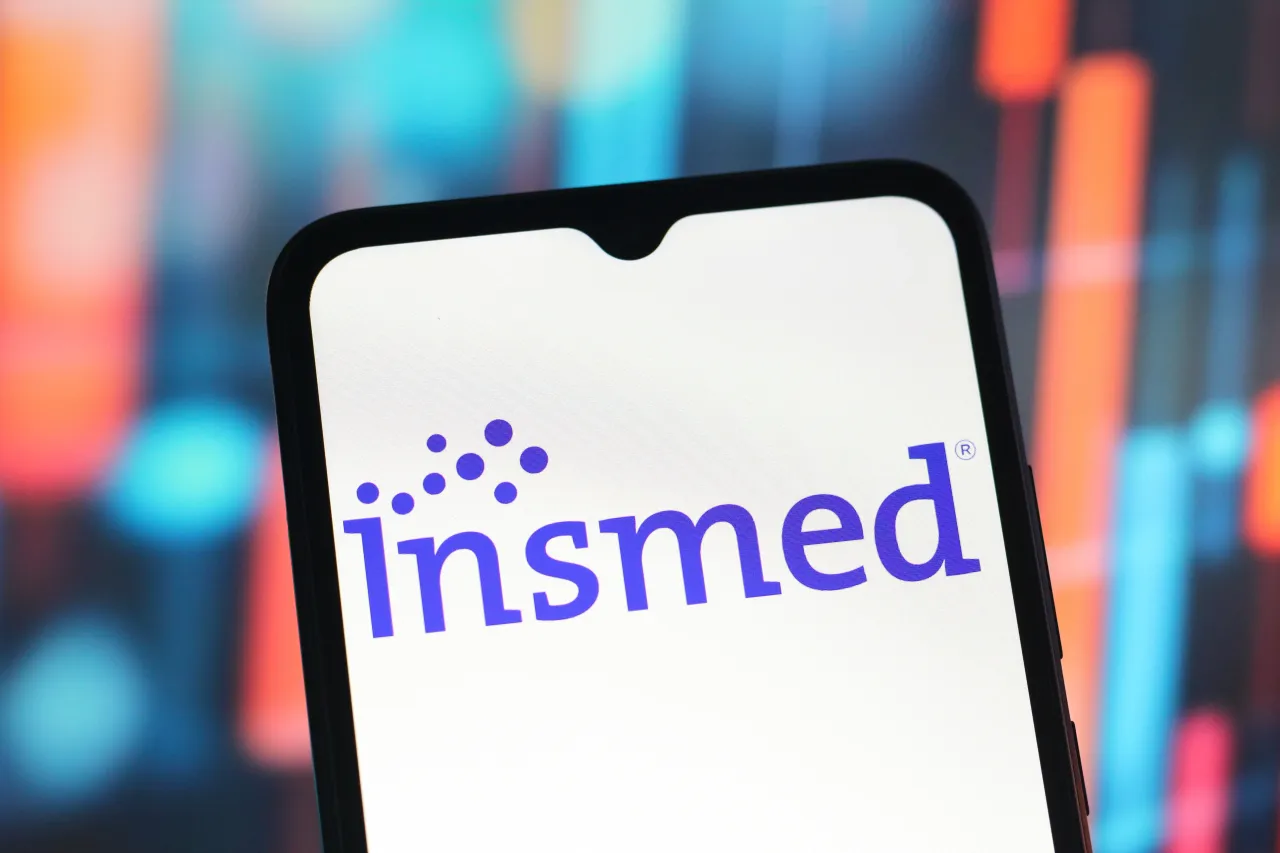Advertisement|Remove ads.
Insmed Announces FDA Approval For Drug To Treat Chronic Lung Disease

Insmed (INSM) said on Tuesday that the U.S. Food and Drug Administration (FDA) has approved its Brinsupri drug in the treatment of non-cystic fibrosis bronchiectasis (NCFB).
Brinsupri, an oral, once-daily treatment, is now the first and only FDA-approved treatment for NCFB, the company said. It is approved in adults as well as children aged 12 years and older.
INSM stock jumped 4% on Tuesday afternoon following the news. On Stocktwits, retail sentiment around the stock jumped from ‘bullish’ to ‘extremely bullish’ territory over the past 24 hours, while message volume rose from ‘high’ to ‘extremely high’ levels.
Bronchiectasis is a serious, chronic lung disease that causes airways to permanently widen due to a cycle of infection, inflammation, and lung tissue damage. Symptoms include chronic cough, excessive sputum production, shortness of breath, and repeated respiratory infections, which can worsen the underlying condition. A hallmark of bronchiectasis is frequent exacerbations, or flares, when symptoms worsen.
Most cases of Bronchiectasis in adults are non-cystic fibrosis bronchiectasis, Insmed noted. According to the company, about 500,000 patients in the U.S., 600,000 patients in France, Germany, Italy, Spain, and the U.K., and 150,000 patients in Japan have been diagnosed with NCFB.
Brinsupri’s FDA approval is based on data from a late-stage and mid-stage trial. In the late-stage study, patients taking Brinsupri 10 mg or 25 mg had a 21.1% and 19.4% reduction in the annual rate of exacerbations, respectively, as compared to placebo. Both dosage strengths of Brinsupri also significantly prolonged the time to first exacerbation.
Insmed said that its applications for the drug with the European Medicines Agency (EMA) and the Medicines and Healthcare products Regulatory Agency (MHRA) have been accepted, and the company plans to file for approval in Japan in 2025. Commercial launches are anticipated in 2026, pending approval in each territory, it added.
INSM stock is up by 70% this year and by about 59% over the past 12 months.
For updates and corrections, email newsroom[at]stocktwits[dot]com.










/filters:format(webp)https://news.stocktwits-cdn.com/large_Getty_Images_2232102203_jpg_175efe6ca4.webp)
/filters:format(webp)https://news.stocktwits-cdn.com/shivani_photo_jpg_dd6e01afa4.webp)
/filters:format(webp)https://news.stocktwits-cdn.com/large_wall_street_resized1_jpg_7f200ce842.webp)
/filters:format(webp)https://st-everywhere-cms-prod.s3.us-east-1.amazonaws.com/Rounak_Author_Image_7607005b05.png)
/filters:format(webp)https://news.stocktwits-cdn.com/Getty_Images_2257784104_jpg_4f7b38e8a2.webp)
/filters:format(webp)https://news.stocktwits-cdn.com/large_bitcoin_2026_jpg_f51342601b.webp)
/filters:format(webp)https://st-everywhere-cms-prod.s3.us-east-1.amazonaws.com/Prabhjote_DP_67623a9828.jpg)
/filters:format(webp)https://news.stocktwits-cdn.com/large_Getty_Images_2228864541_jpg_d94770c5a8.webp)
/filters:format(webp)https://news.stocktwits-cdn.com/vivekkrishnanphotography_58_jpg_0e45f66a62.webp)
/filters:format(webp)https://news.stocktwits-cdn.com/large_eric_trump_OG_jpg_19bc149869.webp)